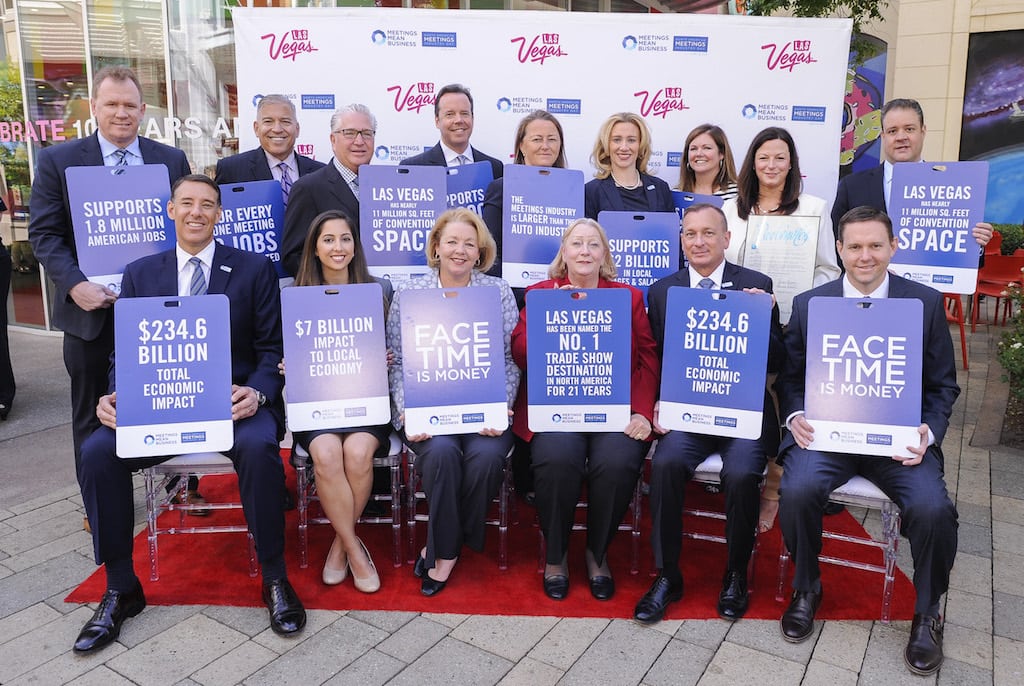The Meetings Industry Will Be More Sophisticated When the Next Backlash Comes

Skift Take
The Meetings Mean Business Coalition has built a strong war chest of advocacy materials supporting the value of face-to-face meetings, but incoming co-chair Paul Van Deventer says industry organizations should work more closely together to drive global growth.
The global economic recession starting in 2008 struck fear and loathing into the heart of the hospitality and tourism industry when companies started curtailing travel for meetings and conventions.
On top of that, state governments and Capitol Hill started shutting down travel for meetings in the face of public outcry against what constituents perceived as wasteful spending.
Woefully underprepared during the aftermath of the market fall-out, hotels and convention bureaus lacked any data and collective messaging to support the direct impact of meetings on economic spending, jobs, and taxes. So the travel and meetings industries at large rallied in 2009 to develop the Meetings Mean Business Coalition (MMB), which advocates for the value of face-to-face business events.
Paul Van Deventer, CEO of Meeting Professionals International (MPI), was recently named the new co-chair for MMB, along with returning co-chair Richard Harper, executive VP of HelmsBriscoe, a global conference planning company.
Over the last seven years, MMB coalition members have developed the MMB website and online advocacy toolkit filled with industry data and intelligence that supports the effectiveness of business events to drive business growth. The list of MMB members includes large hotel companies, tourism bureaus, event producers, and all of the major meetings industry organizations.
In 2016, the coalition hosted the inaugural Global Meetings Industry Day in April 2016, building on the success of similar independent meetings advocacy events held in cities across North America during previous years. Van Deventer was in large part responsible for expanding the initiative worldwide, which began at the grassroots level with MPI members committed to raising awareness around the value of meetings at the local level.
The coalition also focused this year on developing a video series with C-suite business executives explaining how and why offsite meetings are important to their companies’ success. That was further supported by the organization’s first paid marketing campaign. The “Worth Meeting About” promotion launched during this year's presidential conventions to drive home the message that every big initiative in any organization begins with people gathering for a meeting.
The purpose of the videos, marketing, the MMB blog, and the MMB online toolkit is a sort of insurance. When the next market disruption occurs, the meetings industry will have an extensive
